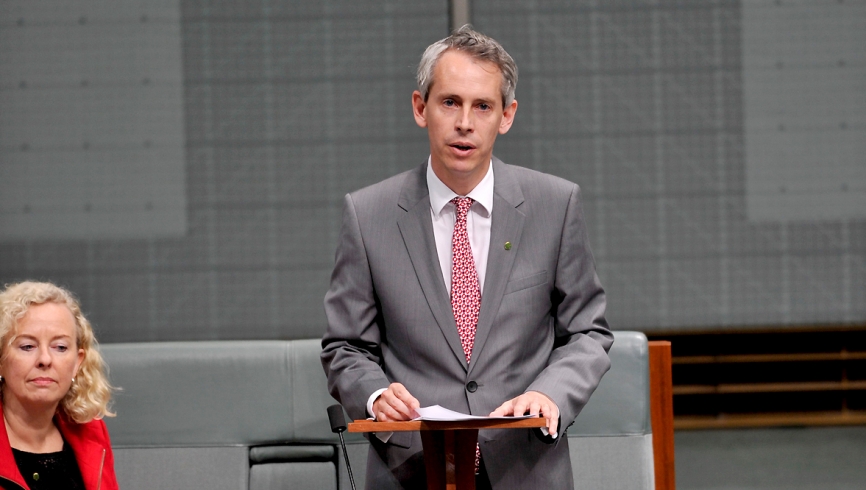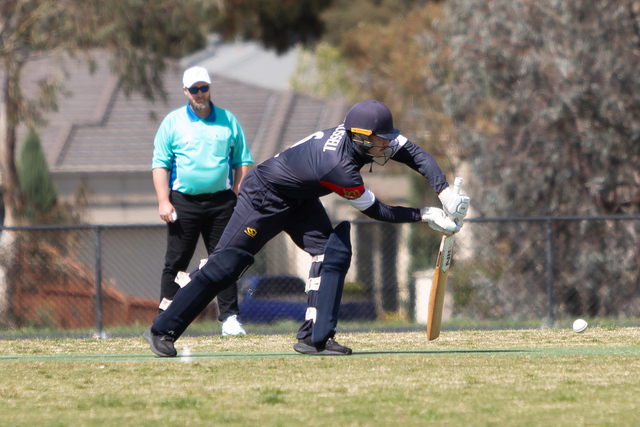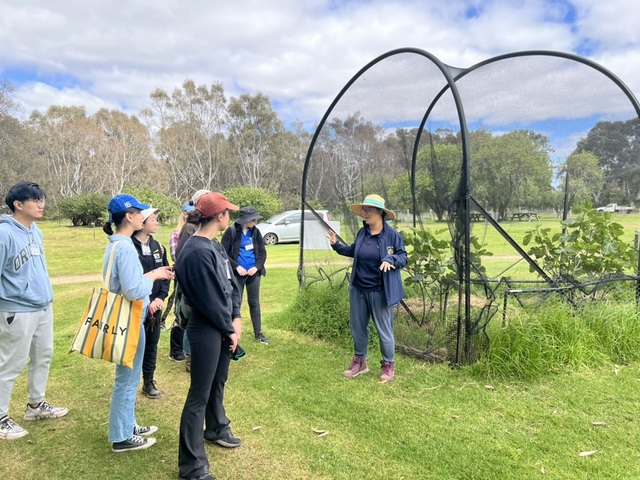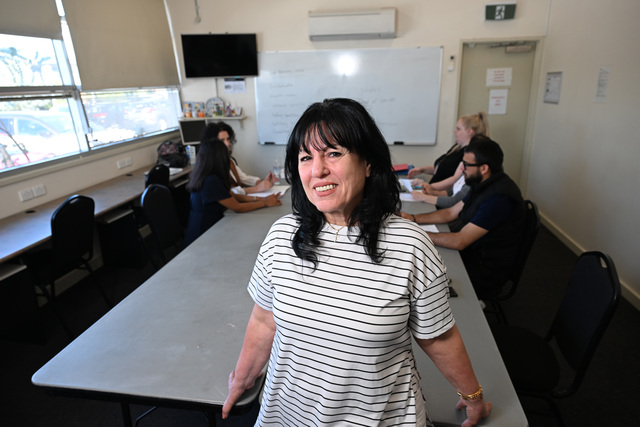With the departure of Harry Jenkins, newly elected Scullin MP Andrew Giles has big shoes to fill. And it was only minutes into his maiden speech to Parliament when he addressed Mr Jenkins’ legacy, and also that of his father, Dr Harry Jenkins, before him.
He took the opportunity to ensure the parliamentary audience that while he didn’t intend to fill those shoes, he proposed to bring many of the qualities Mr Jenkins displayed, such as a great love and respect for community, to his role as the representative for Scullin.
The Weekly spoke to Mr Giles about the issues he addressed in his speech, and how he plans to make some tangible changes.
The three resounding issues of his speech were a fight for equality, rebuilding a sense of hope in formal politics and defending an active role for government.
He spoke of four issues he plans to address: the prevalence of family violence, mental health issues among young people, employment opportunities and the need for investment in transport infrastructure.
Only a few days prior to his formal maiden speech, he spoke to parliament about the unacceptably high levels of domestic violence in the City of Whittlesea. He touched on the issue once again in his first speech to Parliament and spoke about tackling its root causes.
“Whilst this problem requires action from all three tiers of government, there are mechanisms the Commonwealth government can enact,” Mr Giles told the Weekly.
“These include building and supporting legal literacy among migrants and refugees on Australian law, and gender equality principles,” he said.
Mr Giles noted the negative health problems associated with long commutes, a daily source of frustration many Scullin residents endure who work outside the electorate.
He plans to continue the advocacy of Mr Jenkins to reinstate a Headspace facility in Whittlesea to reduce barriers to treatment for young people experiencing mental health issues.
“I will continue to work closely with the council to realise this facility, which will help with the treatment of general health, mental health, counselling, education, employment, alcohol and other drug services.”
He also spoke of the urgent need for spending on public transport, and lamented the federal government’s refusal to support urban rail projects.
In coming weeks he will table a petition in Parliament compiled by the Aurora Community Association, requesting that the federal and state governments build the O’Herns Road-Hume Freeway Interchange as a matter of priority.
“Since so many people in Scullin only have the option of an increasingly congested commute on our roads, I will be urging the Coalition government to invest in urban rail,” he said.
Also in his speech, he said the loss of 123 jobs at Golden Circle in Mill Park highlighted the need to support employment beyond manufacturing in Melbourne’s north.
He has endeavoured to advocate for people’s rights at work and “fight any attempts by the Coalition to strip employees of their pay conditions.”
Mr Giles said he would vote against the Coalition’s plan to cut $500 million from the car industry co-investment.
“I will continue to champion the Food and Innovation Precinct, which Labor established at La Trobe University as food manufacturing offers a way for the manufacturing industry to diversify and transition away from solely on the car industry,” Mr Giles said.

















